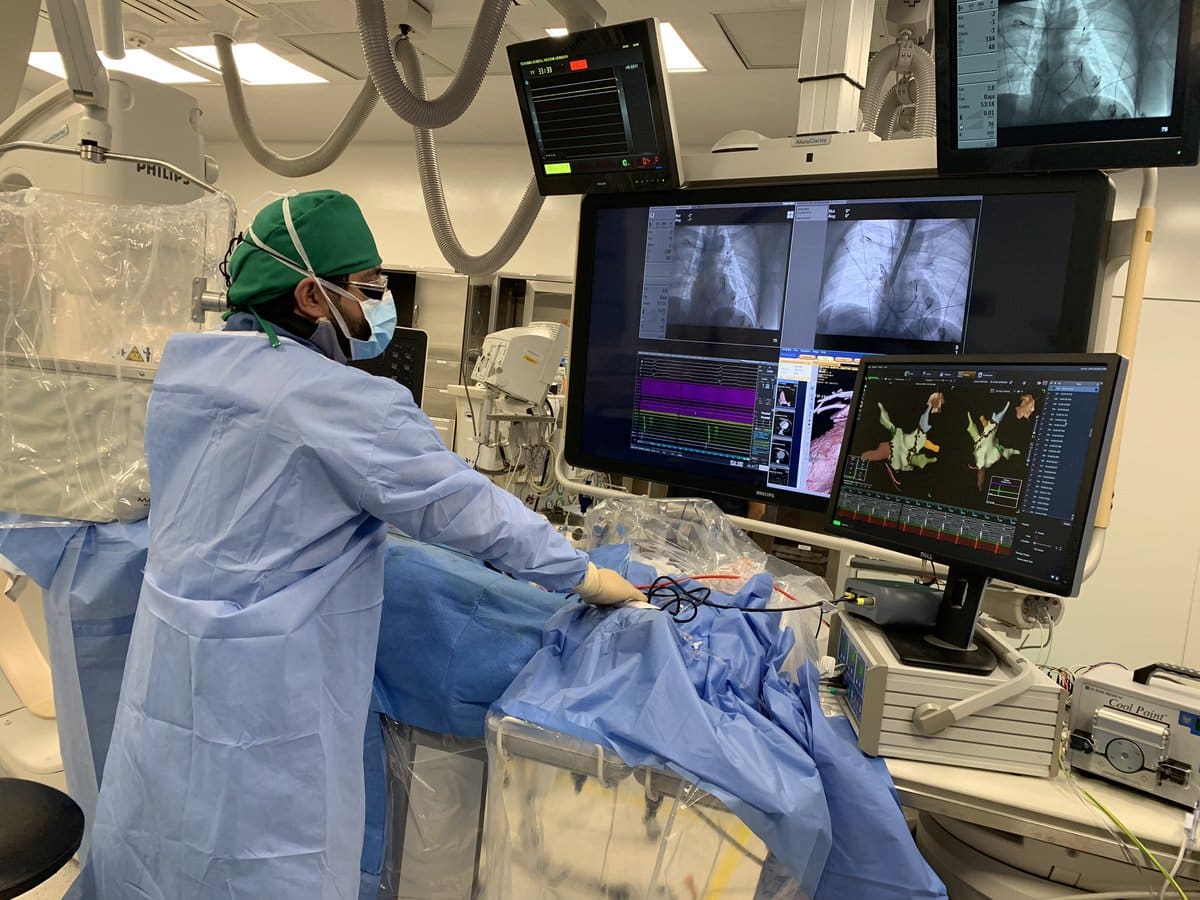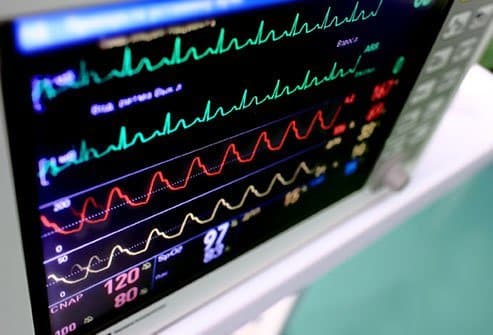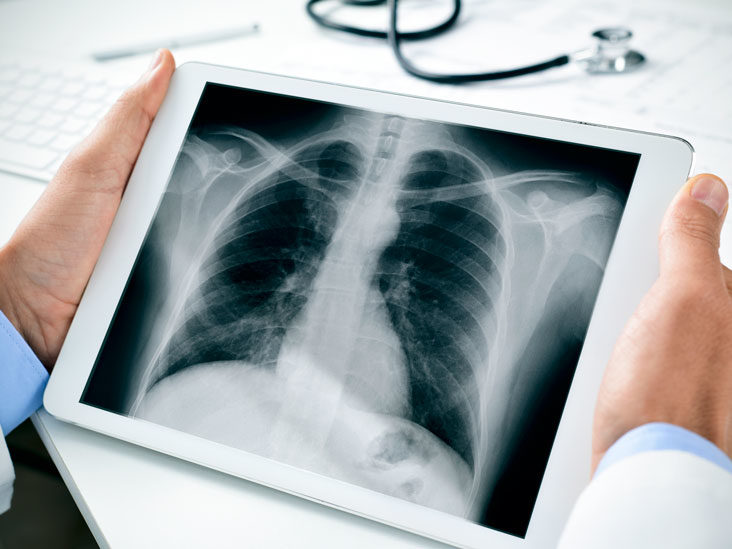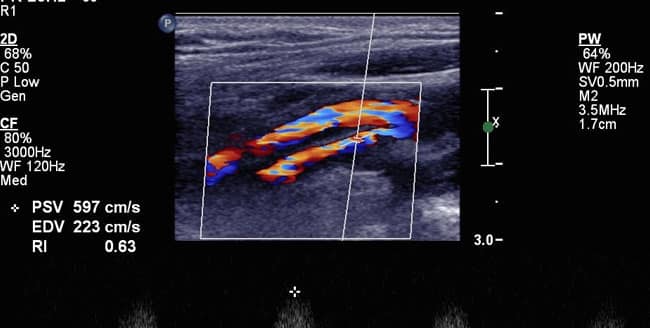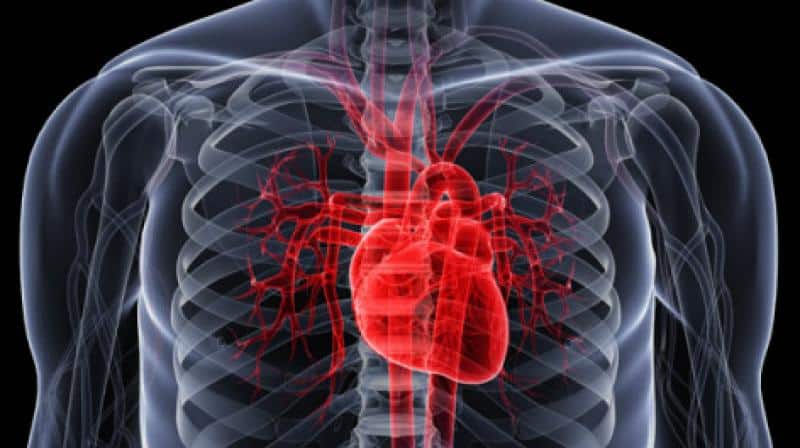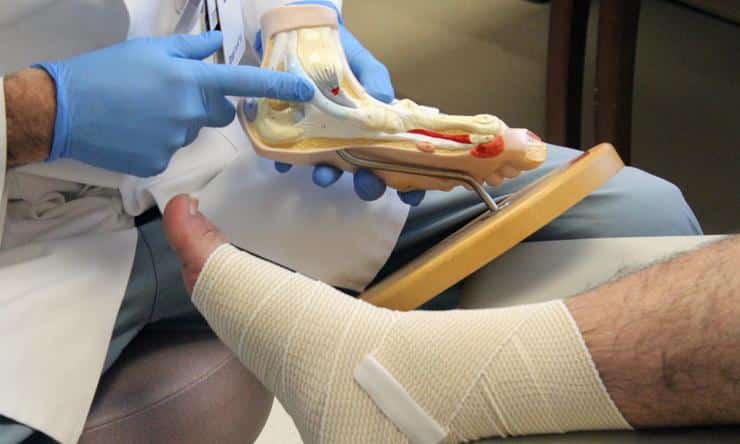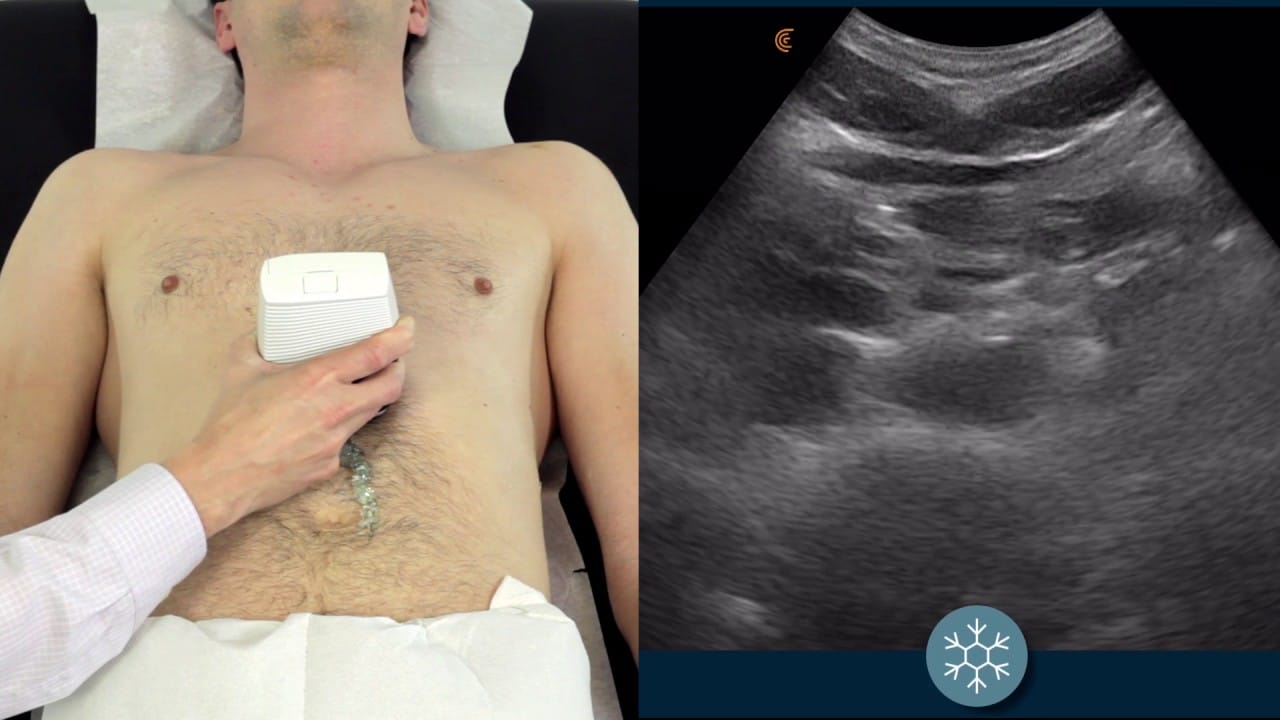Peak Heart & Vascular
Multispecialty Cardiovascular Group located in Laveen, Surprise, Avondale, Phoenix, and Flagstaff, AZ
Chest pain doesn’t necessarily mean you’re having a heart attack, but it sometimes does indicate severe or life-threatening conditions. If you have chest pain, you should have an evaluation by an experienced medical provider. The team at Peak Heart & Vascular has the expertise to diagnose the underlying cause of chest pain to guarantee you receive the appropriate treatment. If you’re experiencing chest pain symptoms, don’t hesitate to schedule an evaluation. Call the Laveen, Surprise, Avondale, Flagstaff, and Phoenix, Arizona, office today, or book online.
Chest Pain Q & A
What causes chest pain?
The term chest pain can refer to various sensations that occur in the chest or upper body. Many health conditions can cause chest pain, like digestive issues such as heartburn, or musculoskeletal injuries. It can also arise from heart and lung conditions, some of which can cause dangerous complications.
Conditions that cause heart-related chest pain include:
- Heart attack
- Angina
- Aortic dissection
- Pericarditis
- Heart block
Pulmonary hypertension affects both the heart and lungs and may cause chest pain.
What are the symptoms of chest pain?
Since many conditions can cause heart-related chest pain, a range of sensations may occur. These include:
- Fullness, burning, tightness, or pressure in the chest
- Pain that travels to the neck, jaw, shoulders, or arms
- Burning or searing pain
- Intermittent pain
- Pain that gets worse with activity
Dizziness, shortness of breath, cold sweats, nausea, or vomiting may accompany your chest pain.
When should I see a doctor for chest pain?
You should seek immediate medical attention if you have the following:
- Severe chest pain
- Pain that worsens over time
- Radiating pain
- Sudden pain or pressure directly under your breastbone
- Nausea, confusion, sweating, fever, or chills
If you have chest sensations that concern you for any reason, don’t hesitate to seek immediate care.
How is the cause of chest pain diagnosed?
To diagnose your chest pain’s underlying cause, your Peak Heart & Vascular provider reviews your medical history and symptoms and performs a physical exam. They may also order tests, such as an electrocardiogram (ECG), chest X-ray, blood tests, or a CT scan.
In some cases, additional diagnostics, like a stress test, angiogram, or echocardiogram, help your provider determine your symptoms’ exact cause.
How can a doctor treat chest pain?
Your skilled physician at Peak Heart & Vascular determines your treatment based on the cause of your chest pain and individual factors. Depending on the cause, your provider may recommend:
- Medication
- Non-surgical procedures
- Surgically implanted devices such as a pacemaker
In some cases, cardiac surgery is necessary to address chest pain.
Don’t wait to seek help for chest pain from a caring team member at Peak Heart & Vascular. Call today, or request an appointment online.

